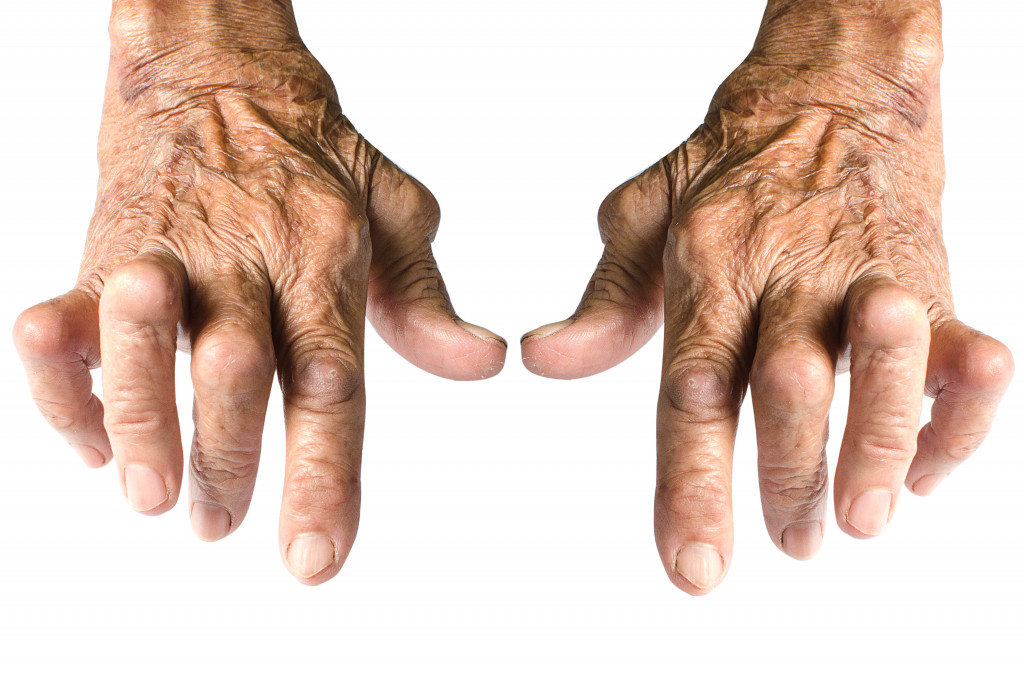- RA is an autoimmune disease causing joint pain stiffness, and affecting various organs.
- Symptoms like debilitating pain, fatigue, and mental health issues impact daily life significantly.
- RA also increases the risk of comorbidities such as heart and lung disease and affects work and social life.
- Managing RA involves professional support, a balanced diet, regular low-impact exercise, and effective pain management techniques.
- Support groups, treatments, and lifestyle changes can enable individuals with RA to lead a meaningful life.
Rheumatoid arthritis (RA) is a chronic inflammatory disease affecting joints, skin, and internal organs. It is a condition that impacts your physical health and can significantly impact your daily life. RA symptoms can vary from person to person, and it is essential to be aware of the potential ways that the disease can impact your daily life. Here’s what you need to know about this disease, how it can affect your daily life and ways you can live a good life with it.
What is RA?
First, it’s essential to understand the basics of RA. The condition is a disease which affects the body’s immune system. This attack often targets joints, leading to joint pain and stiffness, swelling, fatigue, and warmth where a joint is affected. It can also affect other organs, such as the skin, eyes, and cardiovascular and respiratory systems. Here are ways it can affect your life:
1. Joint Pain And Stiffness
One of the primary symptoms of rheumatoid arthritis is joint pain and stiffness. This pain can be debilitating, making it difficult to perform simple tasks such as opening jars or getting dressed. The stiffness accompanying RA can also limit your mobility, making it challenging to walk or even stand for long periods. The severity of joint pain and stiffness may vary depending on the stage of the disease, with some individuals experiencing periods of relief and others experiencing constant pain.

2. Fatigue
Another significant way that rheumatoid arthritis can affect your life is through fatigue. Fatigue in those with RA is more than just feeling tired; it is a feeling of extreme exhaustion that can interfere with daily activities. From getting dressed to completing work tasks, fatigue can limit productivity and make maintaining an active social life challenging.
3. Depression And Anxiety
Rheumatoid arthritis can also impact mental health by increasing feelings of anxiety and depression. The pain and physical limitations caused by RA can be isolating and frustrating, leading to a sense of helplessness and sadness. It is essential to seek professional help if you’re struggling with mental health concerns related to your RA diagnosis.
4. Increased Risk of Comorbidities
Individuals with RA are at increased risk of developing other comorbidities, including heart disease, lung disease, and infections. When managing your RA, monitoring for other health conditions and seeking medical care when necessary is essential.
5. Work and Social Life Impact
Finally, rheumatoid arthritis can significantly impact your work and social life. Symptoms such as pain, fatigue, and stiffness can make it challenging to maintain a full-time job, leading to financial stress. The physical limitations of the condition can also impact social life, leading to feelings of social isolation. It is essential to communicate with your employer, friends, and family about your condition and make necessary adjustments to your work and social life to manage your symptoms better.
Dealing With RA
There are various ways you can live a meaningful life with RA. Here are four ways:
Professional Support
Having a professional help you at home can certainly make a huge difference. An in-home support provider can address any physical pains and struggles. Additionally, they can provide emotional support, reduce stress, and offer companionship.

Diet And Exercise
Eating a balanced diet and regular exercise are essential when managing RA. Eating anti-inflammatory foods such as fruits, vegetables, nuts, fish, and whole grains can help reduce inflammation. Additionally, engaging in low-impact exercises can help you stay fit yet comfortable.
Pain Management Techniques
In addition to other treatments, various ways exist to help manage the pain associated with RA. Heating pads and ice packs can relieve pain in achy joints. Additionally, relaxation techniques such as yoga, tai chi, and meditation can help reduce stress levels and provide mental clarity.
Support Group
Having a support group by your side is beneficial in many ways. You can connect with people who understand what you’re going through and provide better emotional support and advice on managing symptoms. With professional help, diet, exercise, pain management techniques, and a supportive community, living with RA doesn’t have to be as daunting as it may seem.
Finding the right combination of treatments and lifestyle changes that work for you can help you manage your RA and live a meaningful life with it. Living with this condition can be manageable and enjoyable with the right support, education, and understanding.

